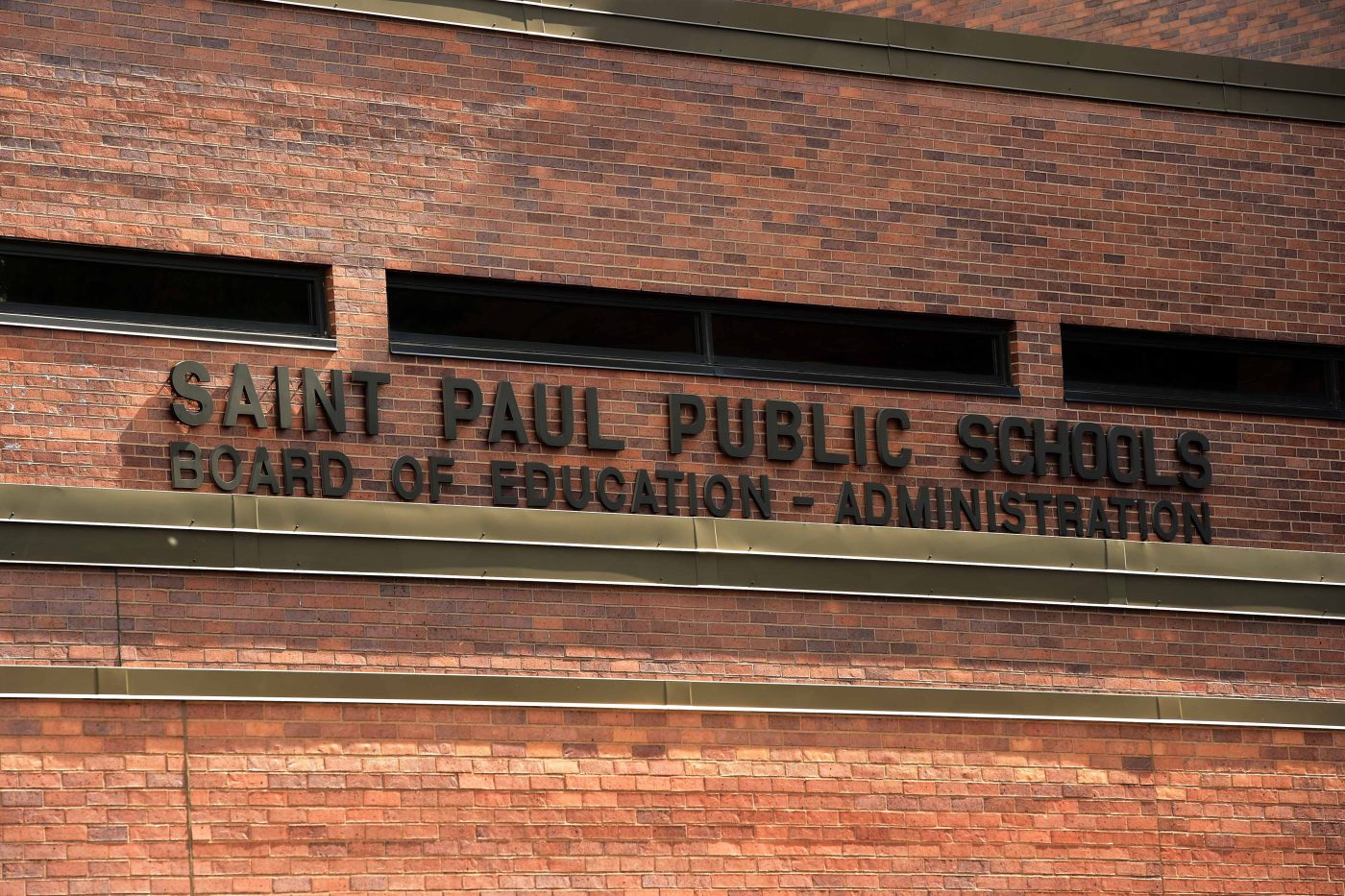
St. Paul schools addresses racial covenant at Hamline-Midway school building
St. Paul Public Schools this week moved to address a racial covenant discovered on the deed of one of the district’s properties.
Language in documents for a district-owned property in the Hamline-Midway neighborhood restricts sales to whites only. It’s been unenforceable for over half a century under fair housing law, but school board members voted Tuesday to take symbolic action.
The property deed for 631 N. Albert St., which was acquired by the district in 1923, includes the following language: “No person belonging to any race except the Caucasian, shall purchase or occupy the aforesaid premises or any part thereof.”
Rather than remove the racial covenant, the district will “discharge” it by adding a statement to the property record that repudiates the restriction. The idea is to address the racist language while acknowledging it as a part of city history, “as ugly as it may be,” said Tom Parent, executive director of operations and administration for the district.
The city of St. Paul will help the district discharge the covenant for a $46 fee.
Restrictive covenants, sometimes referred to as racial covenants have been documented in thousands of properties in the Twin Cities in recent years thanks to a University of Minnesota initiative aimed at digging them up. Over the past few years there’s been an effort to address leftover language.
Covenants are a lasting legacy of housing discrimination against people of color, the effects of which can be felt in the present day in racialized wealth and homeownership gaps. They’ve been linked to depressed homeownership and property values among people of color, and have shaped discriminatory city planning decisions.
Covenants became popular nationally and locally in the first half of the 20th century, with the first use in Minnesota recorded in 1910. Use continued until 1968 when the Fair Housing Act made covenants illegal and unenforceable.
Board member Chauntyll Allen, who is from the historically Black Rondo neighborhood in central St. Paul, said the legacy of covenants still can be felt in her community and especially affects the mindset of older residents.
“This really plays a huge part in how we function in our communities,” she said. “I know my elders for sure … feel very locked into the heart of St. Paul Rondo neighborhood still because they don’t feel comfortable beyond Larpenteur or they don’t feel comfortable beyond downtown or in certain areas.”
Allen acknowledged that while the covenants no longer are enforceable, eliminating them sends an important message.
The covenant the district identified at the Albert Street property — known as the Wilson building and the former home of LEAP High, which serves recent immigrant students — is one of two found in St. Paul schools real estate records, according to Parent.
Chelsea Heights Elementary, at 1557 Huron St. near Como Park, had language in its deed stating the owner could not “sell or lease said real estate to a colored person.” That covenant was eliminated in 2004 by the Ramsey County Examiner of Titles, Parent said.
Related Articles
Charges filed in 3 cases of copper wire thefts from streetlights in St. Paul, Cottage Grove
Founder of St. Paul’s Penumbra Theatre files lawsuit over son’s death in jail, saying he’d pleaded for help
Committed to in-office work, Goff Public expands in downtown St. Paul
USPS to launch regional investigation following St. Paul area postal audits
This Dry January, locally made nonalcoholic options are better than ever


